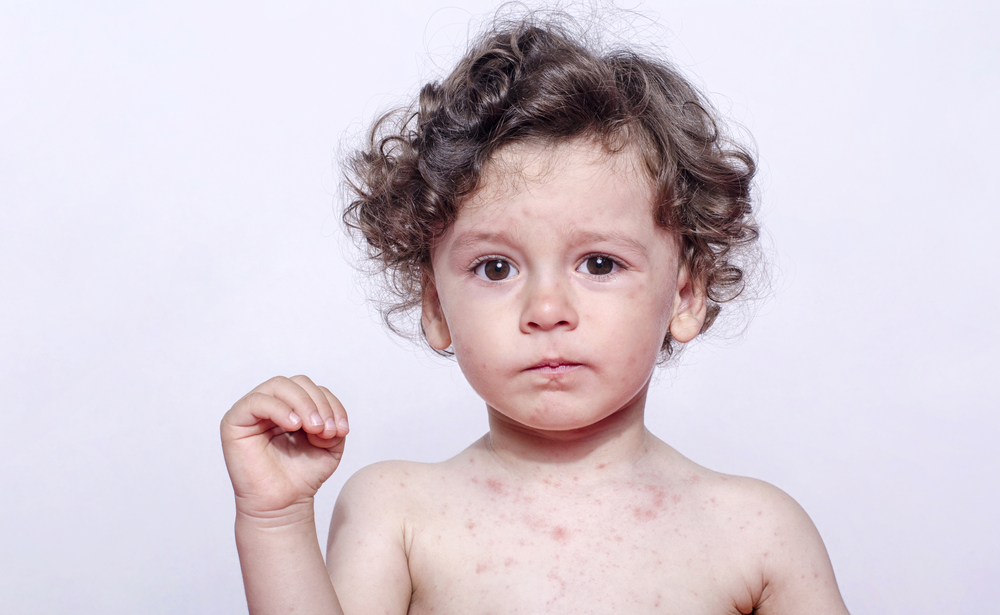Parents mad about a measles exposure change tune after they discover it was caused by the vaccine

According to Jewish News, a JCC in the Ann Arbor, MI area reported a measles exposure last week at its daycare center for young children.
“Parents are upset and frustrated that there is an unimmunized population that still makes it possible for this disease to spread even though they do everything right to protect their own children,” Peretz Hirshbein, director of child and family services at the JCC, said.
“I am sad that I have to be concerned about taking my kids out in the general community and particularly to Jewish events,” one parent said.
But three days later, labs came back from the measles case tracing the disease back to the MMR vaccine (genotype A). Hirshbein reported in a follow up article that, “I just received a call from the county health department giving me the news that the child who tested positive for measles did NOT have measles,” he wrote. “The virus sample was subjected to genotyping, and the genetic material was determined to be a match to that of the vaccine, NOT the wild virus. This means that the child had a vaccine reaction that resembled measles symptoms, and did not in fact have measles.”
The article reports that the milder measles contracted from the MMR vaccine is not contagious–even that it is not the measles (which is misinformation):
Experts note that reactions to vaccines can sometimes resemble the disease itself, but cannot result in transmission of the disease, since the disease itself is not present.
The measles in the MMR vaccine is indeed a live attenuated measles genotype A measles and there’s no evidence that it is not contagious and there are two studies on a transmission from brother to sister following MMR immunization as well as one case in which an immunocompromized individual contracted the vaccine-type measles. We do know that measles RNA is found in immunized children’s urine up to two weeks post-vaccination. The only way to know if the vaccine-type measles spreads is to test the genotype of each case. Considering physicians are not recommended to even test for the measles unless the patient has been potentially exposed to wild-type measles, this is unlikely to occur.
It does appear that contagion from the vaccine-type measles is very low (perhaps because replication is low before the symptoms present) but vaccine shedding is real as documented in several studies. It stands to reason that it would be no different for live-virus measles vaccine.



